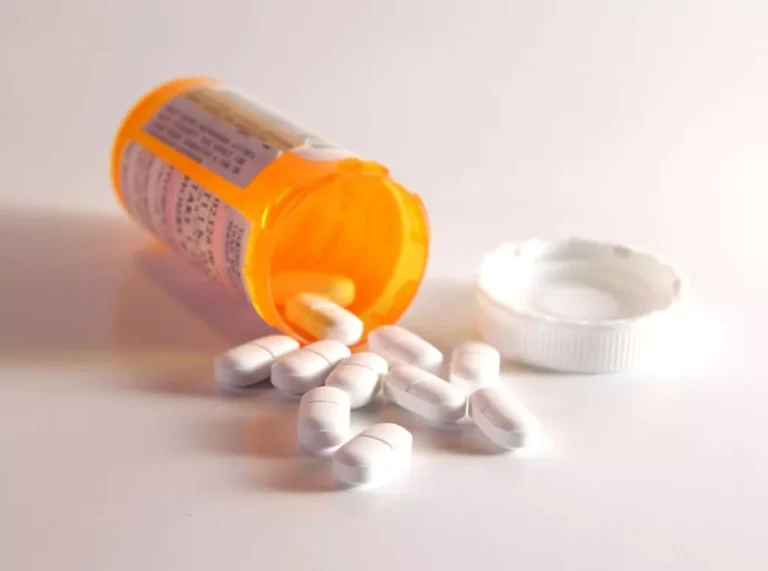
Others may explore moderation as a potential option, but it requires careful consideration, ongoing monitoring, and a strong support system to mitigate the risks of relapse and problematic drinking. If you’re someone looking to explore alcohol recovery, then contact Taylor Recovery in Houston but we serve clients all over Texas and outside. Excessive drinking can also lead to GABA withdrawal because alcohol consumption reduces GABA production. Severe GABA withdrawal can produce symptoms of intrusive and/or perseverated thoughts, psychosis, paranoia, and persistent worries. In addition, a decrease in GABA may also worsen a pre-existing mental health illness, causing the individual to relapse and ‘self-medicate’ with alcohol or other substances. Severe symptoms may require inpatient hospitalization for mental health treatment.
How To Have A Difficult Conversation About Addiction With Your Loved One

To justify drinking, people in recovery might pledge not to drink before a certain time of the day or on specific days of the week. While it shows the individual with an AUD is setting boundaries, there is no way for an alcoholic to drink alcohol again in a healthy way. Most individuals with AUDs are proud of their recovery, but it’s dangerous when the pride inflates their ego, and they believe they can handle alcohol. In most cases, these individuals feel that they have found a solution to their drinking problem that does not involve complete abstinence. When people drink after a https://ecosoberhouse.com/ period of abstinence, the body experiences shock.
Dangers of Relapse

Biologically, genetic predispositions play a significant role, with research suggesting that genetics account for approximately 50% of the risk for AUD. Brain chemistry also plays a crucial role; alcohol affects the brain’s reward system, leading to increased dopamine release and reinforcing the behavior of drinking. This plan should be discussed with a certified clinician who has experience with alcohol abuse.
- When you approach loved ones, do so honestly and make sure you intend to go through with whatever you promise to do.
- The decision to drink or stay sober will depend on your history with alcohol, your progress in treatment, your mental health, and your long-term goals.
- That, in turn, helped me grow into a much more confident version of myself who cares less and less what other people think of me.
- People often need to address past trauma or familial issues during this time.
- Triggers may be ignored as well as exit strategies that worked to avoid triggers.
Neurochemical Changes: The Brain Keeps Score
I listen to RE podcasts for the stories of others – “look for the similarities” – and there are many. I read “Quit Lit.” I create and listen to a sobriety playlist. Why begin drinking again when the link between alcohol and the consequences are so clear? The answer is complex, illustrating how powerful the disease of addiction really is. Finding useful information and resources about addiction or alcoholism can be a minefield.
Arguments for and Against Allowing Alcoholics to Drink in Moderation

We publish material that is researched, cited, edited and reviewed by licensed medical professionals. The information we provide is not intended to be a substitute for professional medical advice, diagnosis or treatment. It should not be used in place of the advice of your physician or other qualified healthcare provider.
Life After Relapse — How to Bounce Back and Start Over
By incorporating these elements into their aftercare plan, individuals can significantly reduce the risk of relapse and increase the likelihood of long-term sobriety and well-being. Cognitive behavioral therapy (CBT) is an important tool for preventing relapses. It teaches you how to overcome negative thinking, which is what is alcoholism often at the heart of a relapse. For example, you might believe that you can’t quit, that recovery takes too much effort, and that you won’t enjoy life as much without alcohol.
You see, drinking again after sobriety at the start of 2022, the adults in the Pope house decided to try dry January after a festive season that was pretty wet without being wildly excessive. At one point just before midnight, a slightly shorter but still tall woman approached me, hyping me up in the way only a drunk girl can, telling me how much she loved my shoes. By cutting down on drink I’ve grown more confident and comfortable in who I am, and I now prefer the sober version of myself – a state of affairs 16-year-old me would scarcely believe. Professor Nutt adds that bingeing, which he defines as consuming five or more units (as little as two pints, according to the NHS) in one sitting, can elevate certain negative effects. I’ve always loved exercise, playing any sport I could and lifting weights since I was a teen.
- It’s a reminder of the importance of staying committed to your recovery journey.
- If someone knows their triggers, they can better avoid them and reduce their risk of a relapse.
- An alcoholic relapse or relapse into alcoholism is a return to the compulsive pursuit and consumption of alcohol after a period of sustained sobriety.
- Now, with the booze gone, they appear at unpredictable times, and engulf me.
As yet, there is no magical pill to cure alcohol addiction. Even if there was, wouldn’t that kind of take away from the point of being in control? Alcohol addiction or alcoholism is a very serious condition. Death by alcohol is excruciatingly painful and not always as quick as some many think. It may take weeks, months or years, everyone is different and everyone’s body reacts differently. Some die within a very short space of time in a relapse.
